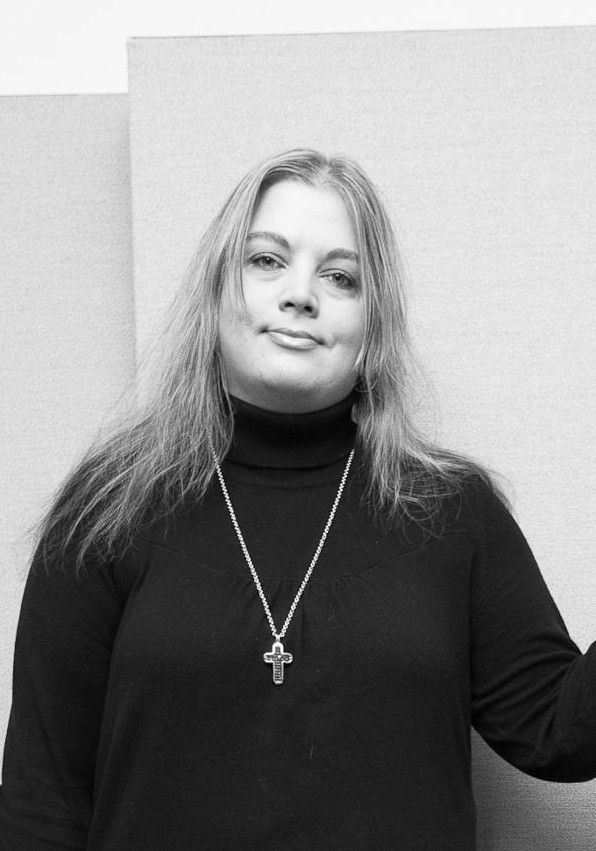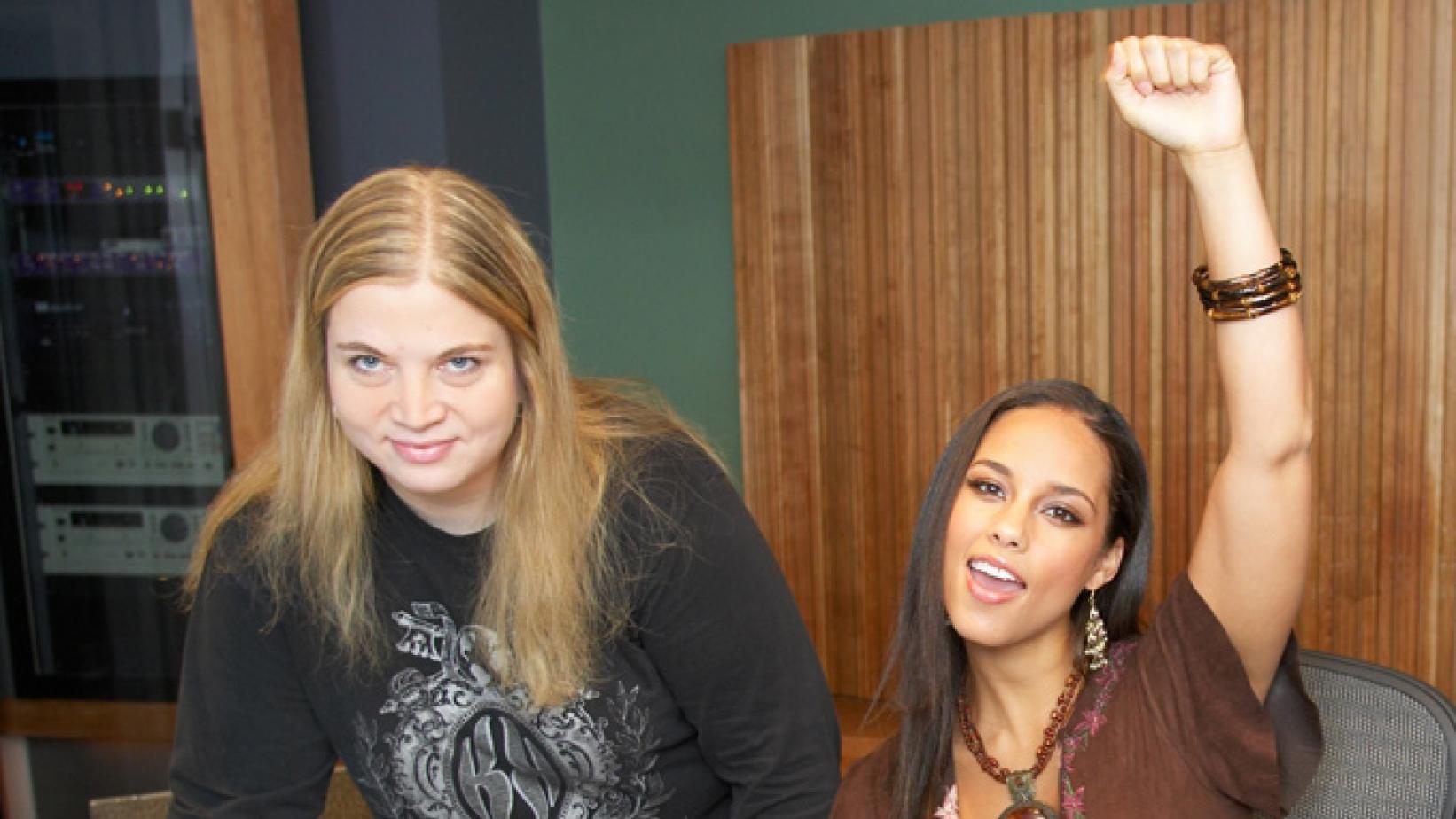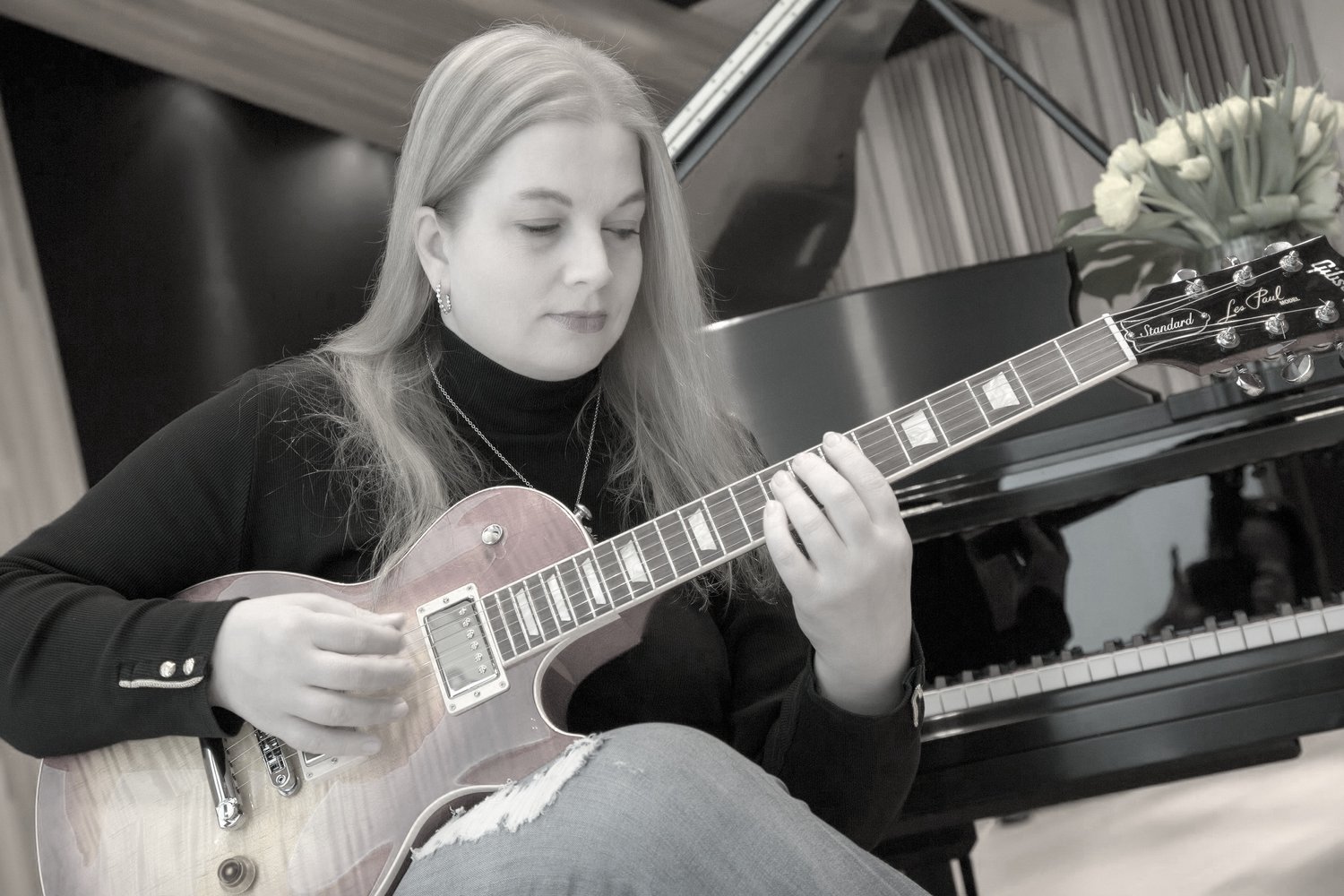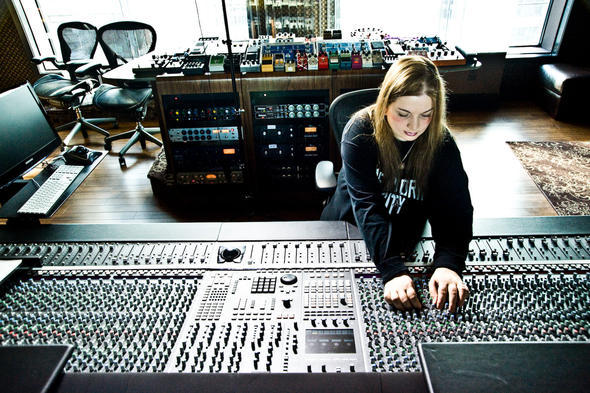As Alicia Keys’ personal recording engineer, head of music, business partner and close friend, Ann Mincieli is proudly affiliated with one of the most successful R&B acts of all time. After recently taking home her third Grammy Award for “Best Immersive Audio Album” for her work on ALICIA – currently available for streaming in Sony’s 360 Reality Audio – she caught up with Headliner to reveal what it’s truly like working with the girl on fire…
It was at the 47th Grammy Awards when Mincieli earned her first Grammy for The Diary Of Alicia Keys (Best R&B Album), and subsequently her second for Keys’ fifth studio album, the now iconic Girl On Fire, but does this third win feel particularly special?
“It does, because there’s not many females that have won a Grammy for engineering and producing,” she rightly points out. “So my goal is to win my next award for songwriting.”
It is in fact through songwriting how Mincieli first got her start in music, playing guitar and bass and writing songs in a band. However after being introduced to the studio world at the age of 16, she immediately discovered her calling: “I realised that the studio is the hidden hub where everyone meets, making it a great place to learn every aspect of the industry.”






